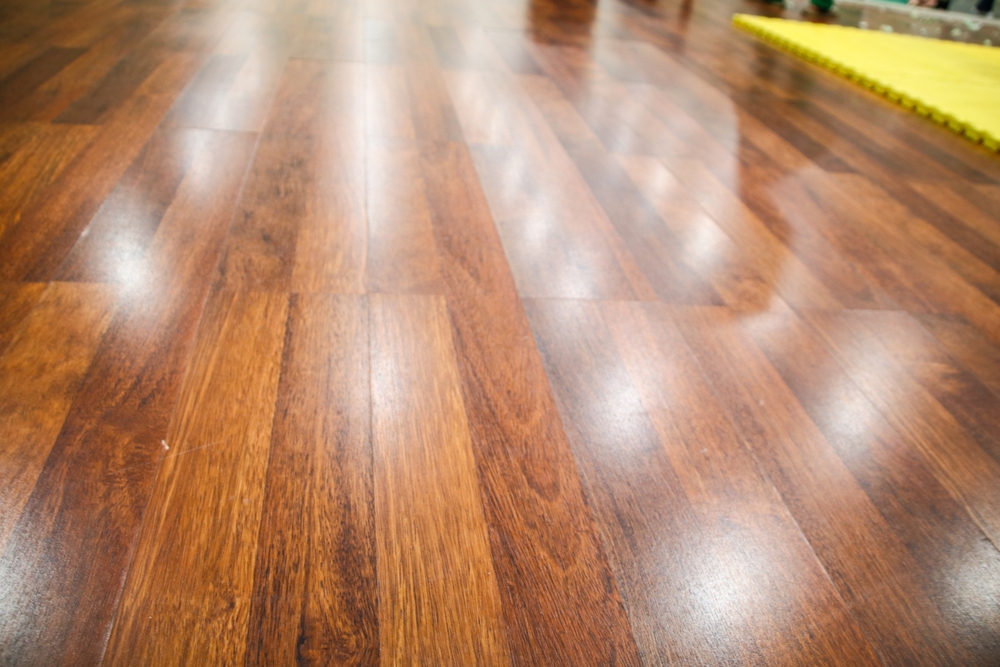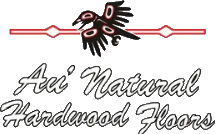Myths About Hardwood Floors

Hardwood floors have long been celebrated for their timeless elegance and durability. However, despite their popularity, a plethora of myths surrounds them, often deterring homeowners from making an informed decision. These myths can create unnecessary doubts about hardwood floor installation, maintenance, and overall performance. Let’s debunk some of these misconceptions to help you make an informed choice.
Hardwood Floors Are Too Expensive
One of the most common myths about hardwood floors is that they are prohibitively expensive. While it’s true that the upfront cost of hardwood floor installation might be higher than some other flooring options, it’s essential to consider the long-term value. Hardwood floors can last for decades, sometimes even centuries, with proper care. Unlike carpets or laminate, which may require frequent replacement, hardwood floors are a one-time investment that adds significant value to your property.
Comparing Costs Over Time
When comparing the cost of hardwood floors to alternatives, think about the lifespan and maintenance costs. For instance, replacing a carpet every 7-10 years can end up costing more than the initial investment in hardwood. Furthermore, hardwood floors increase the resale value of a home, often recouping the installation costs during a sale.
Hardwood Floors Are High Maintenance
Another widespread misconception is that hardwood floors demand excessive maintenance. Many believe that they require constant cleaning, polishing, and special treatments. However, maintaining hardwood floors is simpler than most people think.
Regular Cleaning Practices
A simple routine of sweeping or vacuuming to remove dust and dirt is usually sufficient. Occasional damp mopping with a hardwood floor cleaner keeps them looking pristine. Unlike carpets, which trap allergens and require deep cleaning, hardwood floors offer a cleaner and healthier living environment.
Addressing Scratches and Wear
Many people worry about scratches ruining their hardwood floors. While minor scratches are inevitable, they are often easy to address. Area rugs in high-traffic zones and felt pads under furniture legs can minimize damage. If scratches do appear, refinishing can restore the floor’s original beauty. This process can be done multiple times, prolonging the life of the floor.
Hardwood Floors Aren’t Suitable for Homes with Pets
It’s a common belief that hardwood floors are incompatible with pets. Concerns about scratches from claws and stains from accidents often lead homeowners to shy away from hardwood floor installation. However, this myth doesn’t hold up under scrutiny.
Choosing the Right Wood and Finish
Hardwood floors can coexist beautifully with pets if the right wood species and finish are chosen. Harder woods like oak or hickory are more resistant to scratches. A high-quality polyurethane finish adds a protective layer, making the floor more durable.
Managing Pet-Related Concerns
Regular trimming of your pet’s nails and cleaning up accidents promptly can prevent damage. Additionally, hardwood floors are easier to clean than carpets when it comes to pet hair and dander, making them a more hygienic choice for pet owners.
Hardwood Floors Are Not Durable
Some homeowners avoid hardwood floors because they believe they are fragile and won’t withstand heavy use. This couldn’t be further from the truth. Hardwood is one of the most durable flooring options available.
Proven Longevity
Homes with centuries-old hardwood floors are a testament to their durability. With proper care and occasional refinishing, hardwood floors can last a lifetime. They are especially resilient to everyday wear and tear compared to other flooring materials.
Handling Moisture and Humidity
While hardwood floors can be sensitive to excessive moisture, this doesn’t mean they’re unsuitable for all environments. Modern finishes and proper installation techniques can mitigate these issues. Ensuring that spills are cleaned promptly and maintaining consistent indoor humidity levels can prevent problems like warping or cupping.
Hardwood Floors Are Cold and Uncomfortable
Many people believe that hardwood floors are cold and uncomfortable underfoot. This perception often stems from comparisons with carpeted floors, which provide a different type of warmth.
Temperature Adaptability
Hardwood floors naturally adapt to the ambient temperature of your home. They can feel cooler in the summer and warmer in the winter. If additional warmth is needed, area rugs can be strategically placed for added comfort.
Underfloor Heating Compatibility
Hardwood floors are compatible with radiant underfloor heating systems, making them an excellent choice for homes in colder climates. This feature not only provides warmth but also adds to the overall coziness of a space.
Hardwood Floors Are Bad for the Environment
Some eco-conscious homeowners hesitate to install hardwood floors, fearing they contribute to deforestation and environmental harm. However, sustainable practices in the hardwood flooring industry make this myth largely unfounded.
Sustainable Sourcing Practices
Many hardwood floors are made from wood harvested in compliance with sustainable forestry practices. Certifications like the Forest Stewardship Council (FSC) ensure that the wood comes from responsibly managed forests.
Longevity Reduces Waste
The long lifespan of hardwood floors reduces the need for replacement, minimizing waste compared to other short-lived flooring materials. Additionally, hardwood can be recycled or repurposed at the end of its life, further reducing its environmental impact.
Hardwood Floors Are Outdated
Some people believe that hardwood floors are an outdated choice, favoring more contemporary materials like vinyl or laminate. In reality, hardwood floors are a timeless option that complements a variety of interior styles.
Versatile Aesthetic Appeal
Hardwood floors come in a wide range of species, finishes, and styles, allowing homeowners to customize their look. Whether you prefer a rustic farmhouse vibe or a sleek modern aesthetic, there’s a hardwood floor to match your vision.
Evolving Trends
Hardwood flooring trends evolve over time, with innovations like wider planks, distressed finishes, and engineered wood options keeping them at the forefront of design preferences. This adaptability ensures that hardwood floors remain a relevant and stylish choice.
Hardwood Floors Are Only for Luxury Homes
Finally, there’s a perception that hardwood floors are only suitable for luxury homes. While they are certainly a hallmark of upscale properties, hardwood floors are accessible and beneficial for homes of all types and budgets.
Wide Range of Options
The variety of hardwood species and grades available means there’s a choice for every budget. Engineered hardwood, in particular, offers the beauty of real wood at a more affordable price point.
Increased Property Value
Installing hardwood floors is an investment that pays off by increasing the value and marketability of your home. They are a desirable feature for many buyers, making your property stand out in a competitive market.
Conclusion
Debunking these myths about hardwood floors reveals that they are a versatile, durable, and valuable flooring option. Understanding the truth about hardwood floor installation, maintenance, and performance can help you make an informed decision for your home. Whether you’re looking for a classic aesthetic or modern functionality, hardwood floors offer timeless appeal that stands the test of time.

